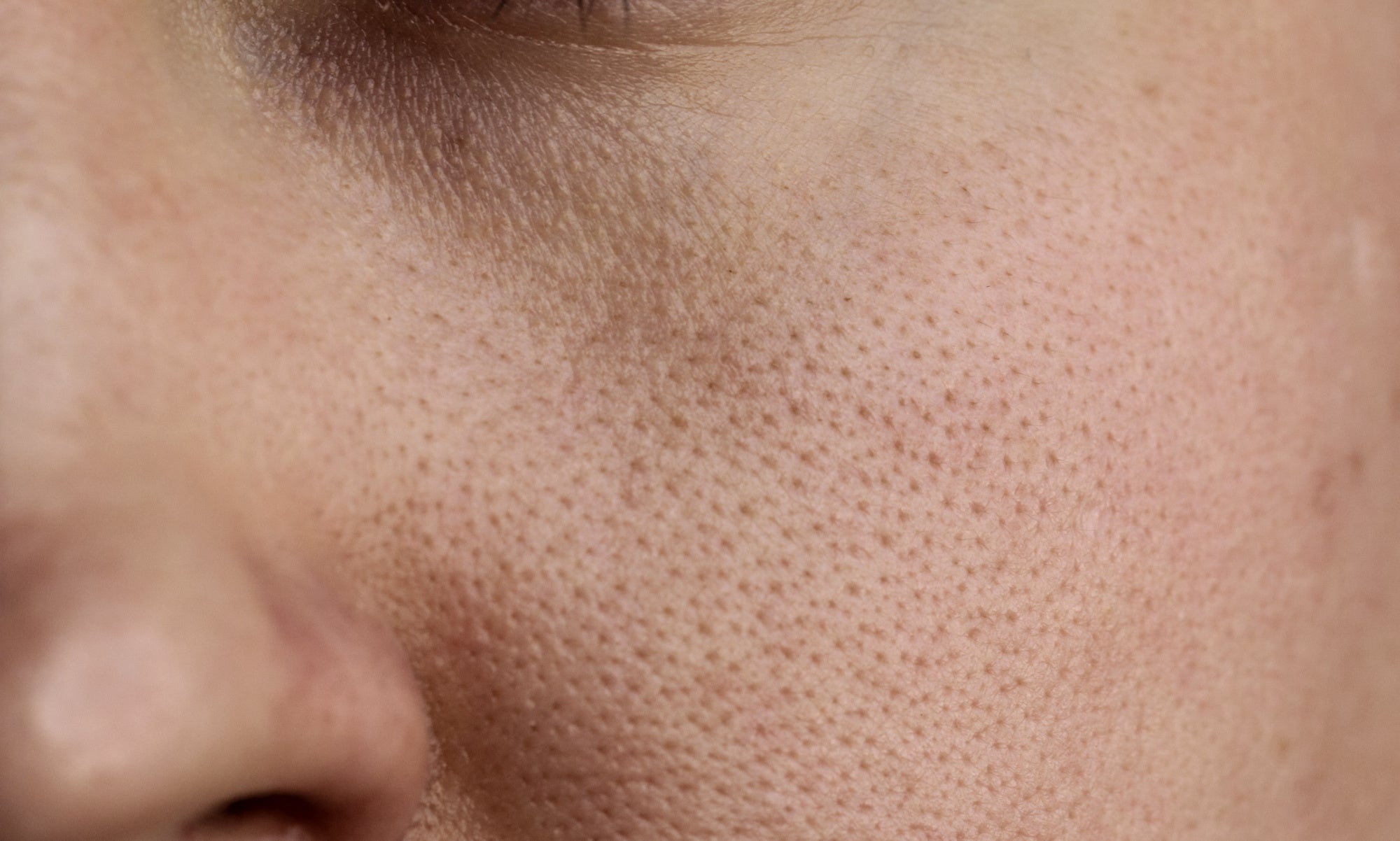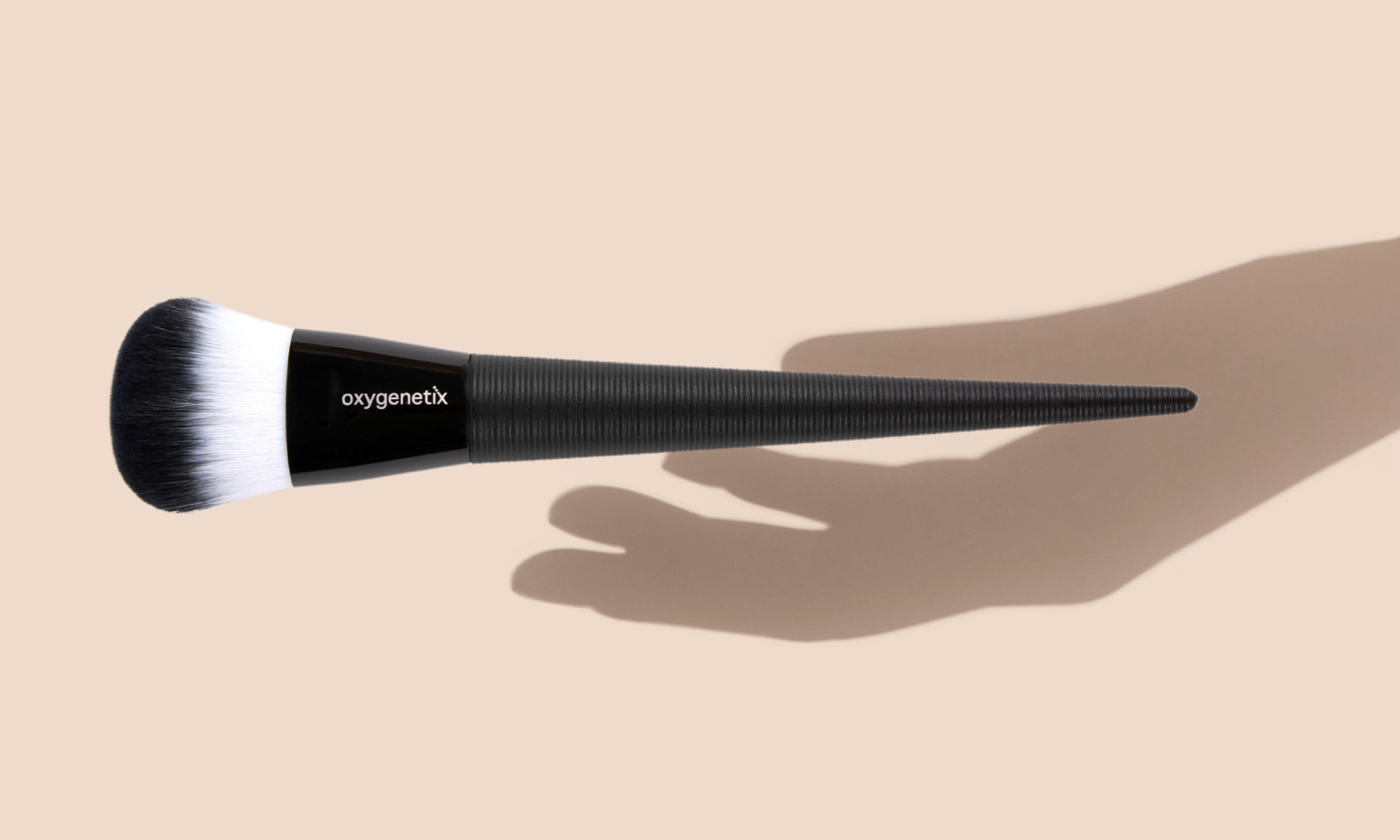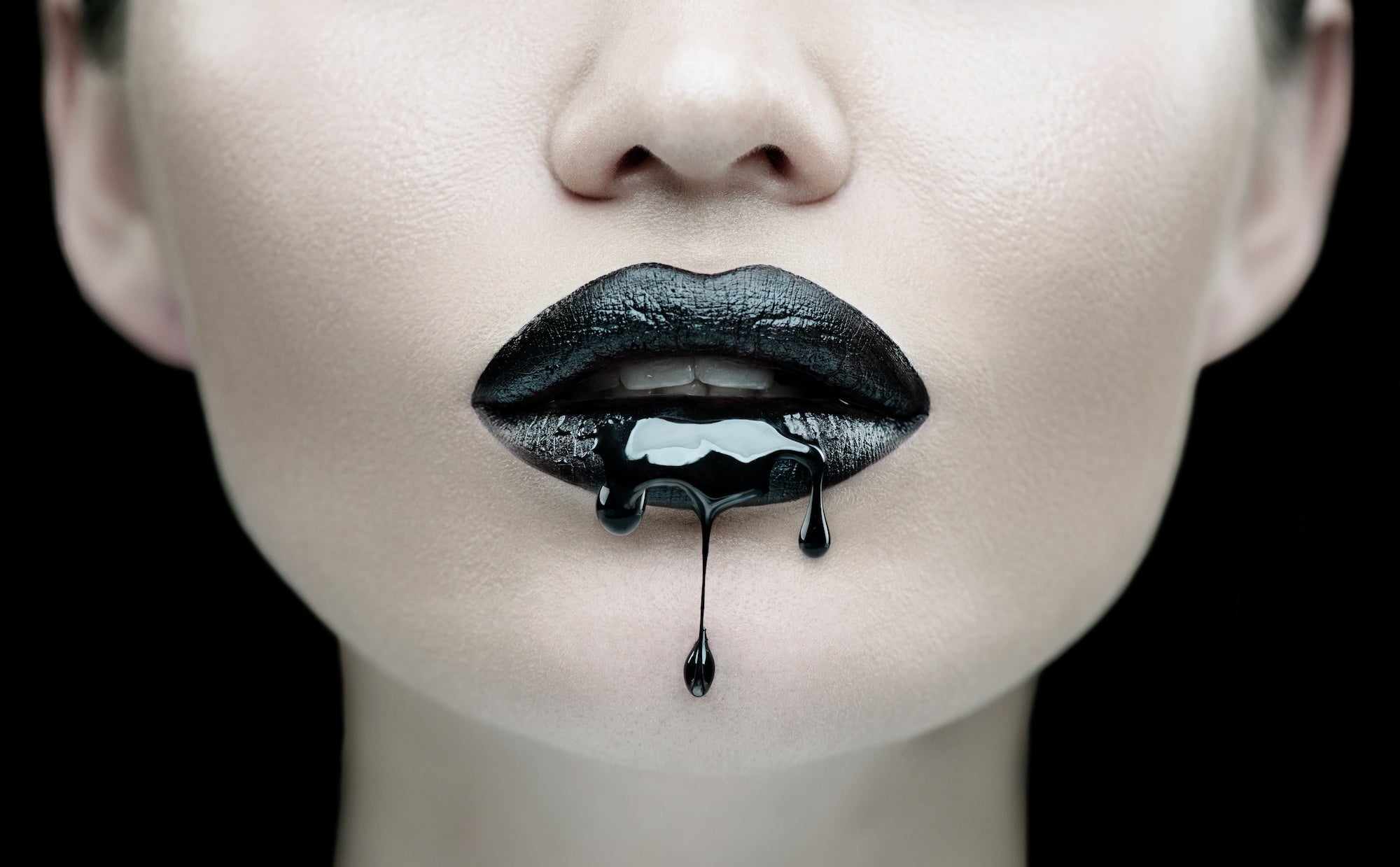
Understanding How Pores Get Clogged So You Can Prevent Skin Issues
Pores can become clogged for various reasons, often leading to skin issues like blackheads, whiteheads, acne, and enlarged pores.
Here are some common causes of pore clogging:
Excessive Sebum Production
Overactive sebaceous glands can produce an excess of oil (sebum), which, when combined with dead skin cells, can clog pores. This is a common factor in acne development.
Dead Skin Cell Buildup
As skin cells naturally shed, they can accumulate on the skin's surface, mixing with sebum and potentially blocking pores. This process becomes more problematic when the dead skin cells are not adequately removed.
Cosmetic Products
Some makeup, skincare, and haircare products contain ingredients that can be comedogenic, meaning they have a tendency to clog pores. It's essential to use non-comedogenic products, especially if you have sensitive or acne-prone skin.
All Oxygenetix products are non-comedogenic and breathable, improving the health of your skin as you wear them. Most foundations contain pore clogging ingredients like oils and parabens. Oxygenetix Oxygenating Foundation was formulated for post-procedure care and is therefore safe for even the most sensitive skin.
Poor Cleansing Habits
Inadequate or infrequent cleansing can lead to a buildup of dirt, oil, and makeup on the skin's surface, increasing the risk of pore clogging.
Excessive Sweating
Sweat can mix with makeup, sunscreen, and pollutants, potentially clogging pores, particularly in areas like the forehead and chin.
Hormonal Changes
Hormonal fluctuations, such as those occurring during puberty, menstruation, pregnancy, or menopause, can increase sebum production and lead to pore clogging.
Dietary Factors
A diet high in processed foods, sugary items, and dairy products may exacerbate acne in some individuals.
Environmental Pollutants
Exposure to pollution and environmental toxins can contribute to clogged pores by adhering to the skin's surface.
Physical Friction
Frequent rubbing, touching, or leaning on the face can introduce dirt, bacteria, and oil onto the skin, increasing the risk of clogged pores.
Using Heavy, Occlusive Skincare Products
Some thick moisturizers and occlusive skincare products can trap sweat, sebum, and debris beneath them, potentially leading to pore blockages.
Genetics
Some people may have a genetic predisposition to producing more sebum or having naturally larger pores, making them more prone to clogged pores.
Inadequate Hydration
Dehydrated skin can produce more oil in an attempt to compensate for moisture loss, potentially leading to clogged pores.
It's essential to establish a consistent skincare routine that includes cleansing, exfoliation, and moisturization to help prevent and manage clogged pores. If you're struggling with persistent pore issues or severe acne, consider consulting a dermatologist for personalized advice and treatment options.


发表评论
此站点受 hCaptcha 保护,并且 hCaptcha 隐私政策和服务条款适用。